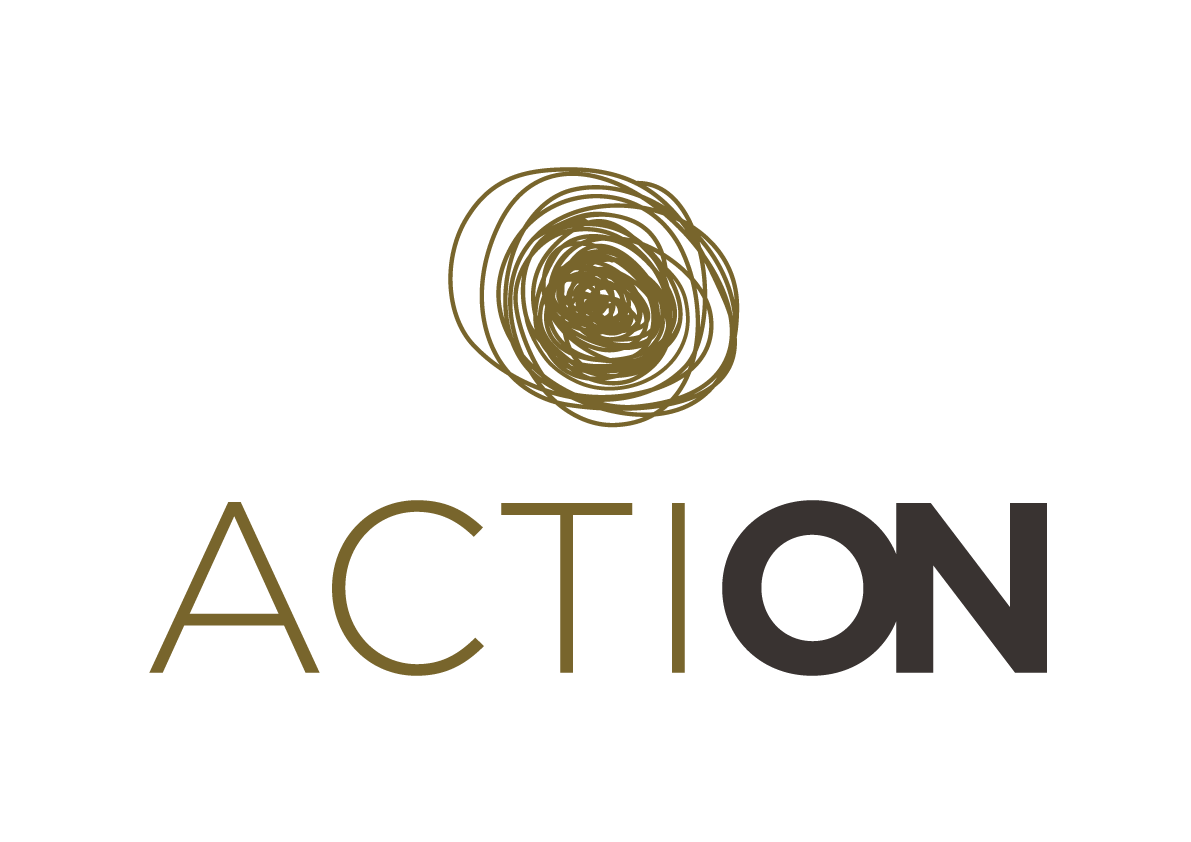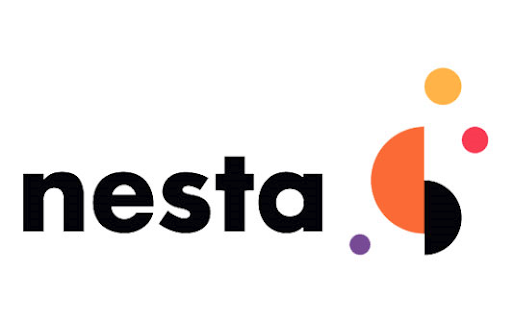By Gefion Thuermer – KCL
ACTION coordinator King’s College London is about to embark on a new project, exploring the use of data visualisation to tackle misinformation. Together with researchers from Google, KCL has recently won a grant from Nesta to run an experiment to understand how participants rate the readability and trustworthiness of popular chart types, and subsequently train machine-learning models to support this process. We will explore how machine ratings influence chart perception, to understand when to use them.
This work is closely related to the ACTION accelerator, in which ACTION supports citizen projects in the communication of their results, many of which involve data visualisations, through activities such as data visualisation webinars.
KCL are now looking to explore how in the recovery from the pandemic, with prolonged restrictions like social distancing and annual booster vaccinations, scientific facts about the necessity for these measures can be best communicated.
Our work will allow us to understand how charts are perceived and understood, with direct implications on the design of data stories and graphical indicators. The experiment will help to understand misleading charts and the accessibility and trustworthiness of chart-based data representations. We will explore engagement with charts and how specific chart-design elements impact on people’s ability to understand what a chart is about and trust what it is trying to convey. We will further expand our understanding of AI-generated ratings, including how people react to them and how they impact people’s judgments.
The results of this work will support (citizen) scientists, analysts, journalists and policy makers in creating impactful charts.

